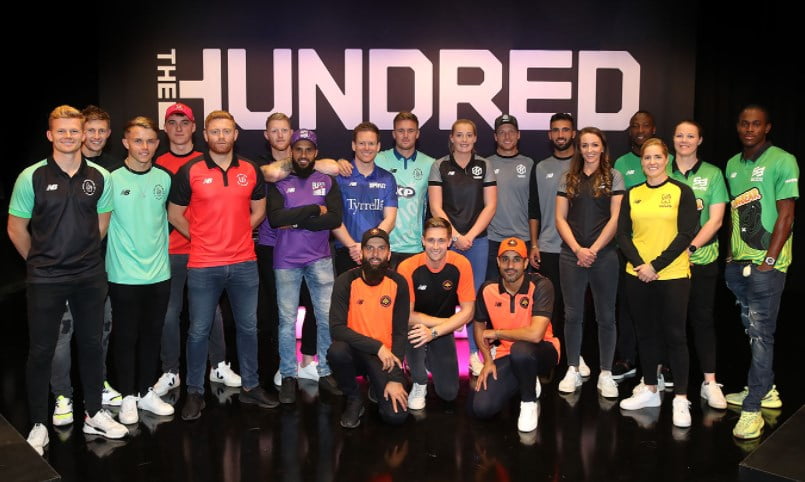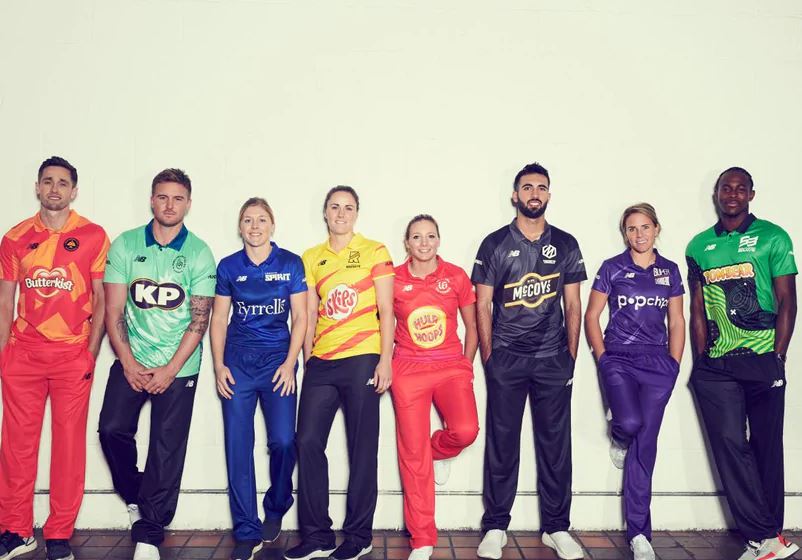As the third season of The Hundred began on Tuesday (July 23), the England and Wales Cricket Board (ECB) has shared that the competition will have a different look from next season as private investors and fresh funds showed interest in the competition. Among those interested are Indian Premier League (IPL) franchises, and they have been spoken to by the ECB but they are yet to share the details.

“We’re about to enter a commercial negotiation, but at a principal level, this will run very similar to other franchise leagues around the world. We have spoken about the IPL owners. I’ve met all of them and taken feedback from them on specific things about what’s important,” Vikram Banerjee, director of business operations of the ECB, said in a conference call organised for the world media.
“We’ll then look to start the process in earnest in kind of early mid September. So (we are) kind of building off that momentum that hopefully is created from the tournament with the name that the 2025 season becomes the first season with a different look. We obviously can’t say just yet, but the process will probably run into early next year, with the idea being that at least broadly, who’s coming into what team by the time the draft comes around, by the time the ticket on sale comes around in February- March,” he again added.

On the other hand, the ECB is firm that said it would not cede control of the competition to the private investors as well. They are also looking at selling stakes up to 49 per cent in a team whereas retaining the control with a 51 per cent stake. There are eight men’s and women’s teams in The Hundred and the final of this season will be at Lord’s on August 18 as well.
“Well, control comes at different levels. It comes at team level and it comes at competition level. In terms of ceding control at competition level, and therefore the length of the window, where that window sits, how the competition is organised, that’s not something that we are ceding control of,” Richard Gould, the CEO of ECB said. “That’s why we’re not selling the competition. That’s why we’re focused on those teams. And I think we’re finding that different investor groups have different needs. For some of them, control, for example, of what happens on the field will be very important. For others, branding will be important. The commercial element will also be significantly important.”




